Politics
ALVORADA PALACE, ASIA, BILATERAL TRADE, BRASILIA, BRAZIL, BRICS, CHINA, CHINESE COMMUNIST PARTY, COMMUNIST PARTY, ECONOMIC COOPERATION, EDUARDO, FOUNDATION SCHOOL OF SOCIOLOGY, GEOPOLITICS, INTERNATIONAL RELATIONS, JAIR BOLSONARO, LATIN AMERICA, LULA, MEXICO, NORTH AMERICA, PERU, RIO DE JANEIRO, SAO PAULO, SOUTH AMERICA, TRADE RELATIONS, U. S, UNITED NATIONS, UNITED STATES, WHITE HOUSE, XI JINPING
Omar El-Sharif
Brazil’s Lula Hosts China’s Xi: Strengthening Bilateral Ties and Agreements
Brazilian President Lula welcomed Chinese President Xi for a state visit, solidifying ties through 37 agreements in various sectors. This visit indicates a growing partnership between Brazil and China as Lula seeks to repair relations following a period of strain under Jair Bolsonaro. Trade between the countries reached $136.3 billion from January to October 2024, underscoring their economic connection that may intensify as political changes unfold in the United States.
On Wednesday, Brazilian President Luiz Inácio Lula da Silva hosted China’s President Xi Jinping for a state visit at the Alvorada Palace in Brasília, highlighting the increasingly robust bilateral ties between Brazil and China. This diplomatic engagement culminated in the signing of 37 agreements spanning various sectors, including trade, agriculture, technology, and health. Analysts suggest these strengthened ties may further deepen as political dynamics shift in the United States ahead of Donald Trump’s anticipated return to the White House in 2025.
China has been Brazil’s largest export market since 2009, with trade and investment escalating significantly since then. Last week, Xi’s inauguration of a $1.3 billion megaport in Peru illustrated a broader shift towards increased engagement in Latin America, a region historically overlooked by the U.S. and European Union. Flavia Loss, an international relations professor, noted, “Latin America has always been forgotten by the United States and the European Union. Who fills that void? China,” emphasizing the growing Chinese influence in the region.
This state visit marks a decisive turn in Brazil-China relations following a strained period under former President Jair Bolsonaro, who faced backlash over his comments regarding China during the pandemic. Lula’s administration, in contrast, is keen on revitalizing relations with China, viewing it as essential for Brazil’s reintegration into global affairs. Lula remarked that the joint efforts of Brazil and China “reverberate around the world,” stressing their collaborative roles in multinational organizations.
Between January and October 2024, trade between Brazil and China reached $136.3 billion, reaffirming the significance of their economic relationship. Eduardo Saboia, a foreign affairs secretary, indicated that trade with China had expanded more than 17 times since Lula’s first visit to China in 2004. While China has encouraged Brazil to invest in its Belt and Road Initiative, Brazilian experts highlight that strategic agreements can be achieved without direct participation, allowing Brazil to maintain a degree of autonomy in its foreign policy.
Despite the potential for increased alignment with China, experts caution that Brazil must navigate its foreign relations carefully to avoid straining ties with traditional Western allies. Pedro Brites, an expert on China, stated that Brazil would pursue a balanced approach, potentially facing limitations in its alliances as it establishes closer relations with China.
This developing story underscores the evolving geopolitical landscape in Latin America and the strategic significance of Sino-Brazilian relations, particularly amid changing political tides in the United States.
Brazil’s relationship with China has evolved significantly since China became Brazil’s largest trading partner in 2009. This shift reflects a broader trend in Latin America, where countries are increasingly seeking alternatives to traditional Western partners due to perceived neglect. Political dynamics, especially the potential return of Donald Trump to the U.S. presidency, may accelerate Brazil’s pivot towards China. Lula’s current administration focuses on rebuilding damaged ties with China from Bolsonaro’s term, during which relations soured due to inflammatory comments regarding the Chinese government and businesses. The recent agreements and discussions regarding trade initiatives signal Brazil’s strategic repositioning in the global arena.
In summary, Brazilian President Lula’s welcome of President Xi marks a significant diplomatic engagement that signals the strengthening ties between Brazil and China. The signing of multiple agreements reflects a commitment to deepening economic cooperation amidst shifting geopolitical dynamics. As Brazil seeks to navigate its foreign policy, balancing growing ties with China while maintaining relations with the U.S. and Europe will be crucial for its international standing. This diplomatic engagement emphasizes the importance of Brazil’s role on the global stage, particularly in relation to China’s increasing influence in Latin America.
Original Source: www.livemint.com
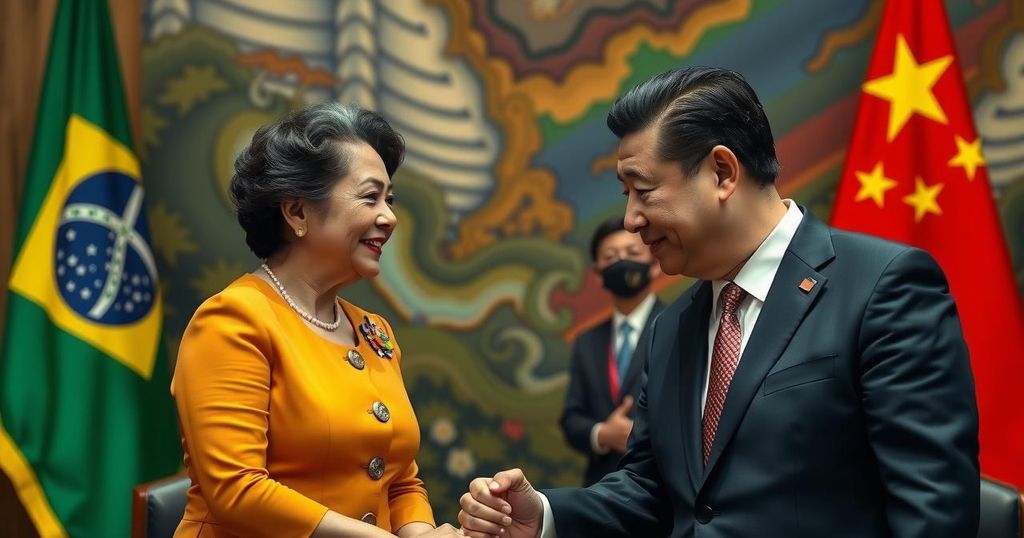
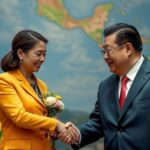

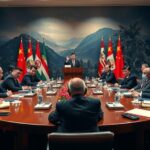

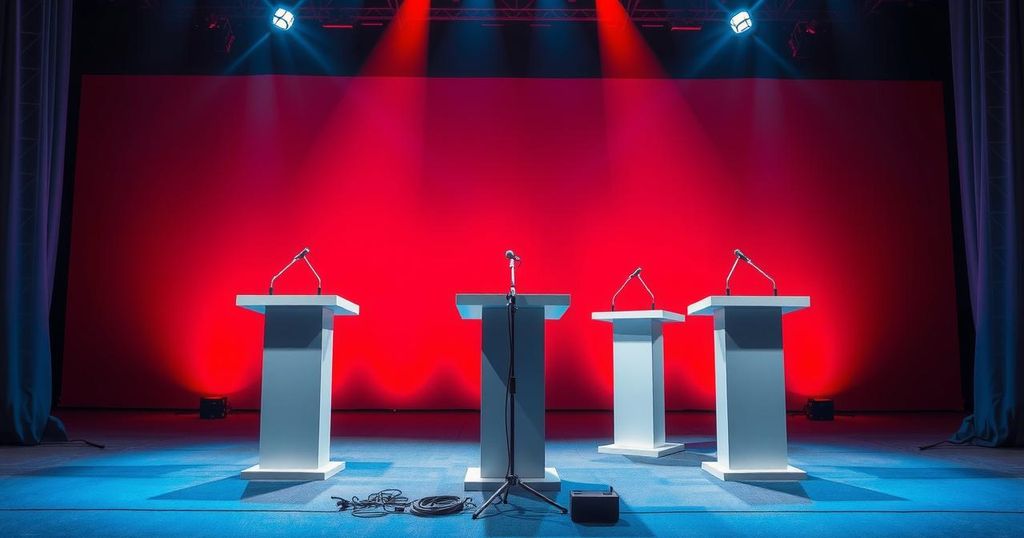
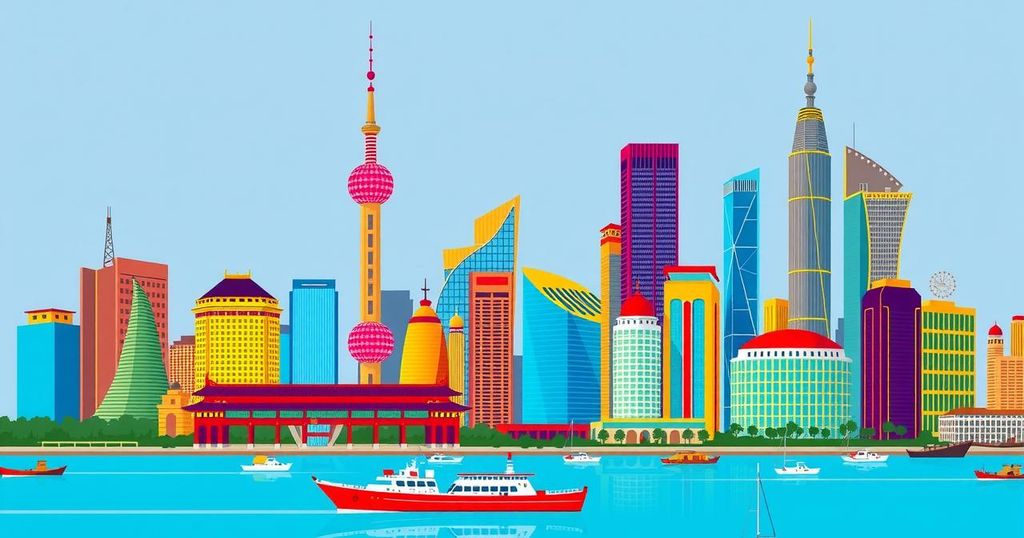

Post Comment